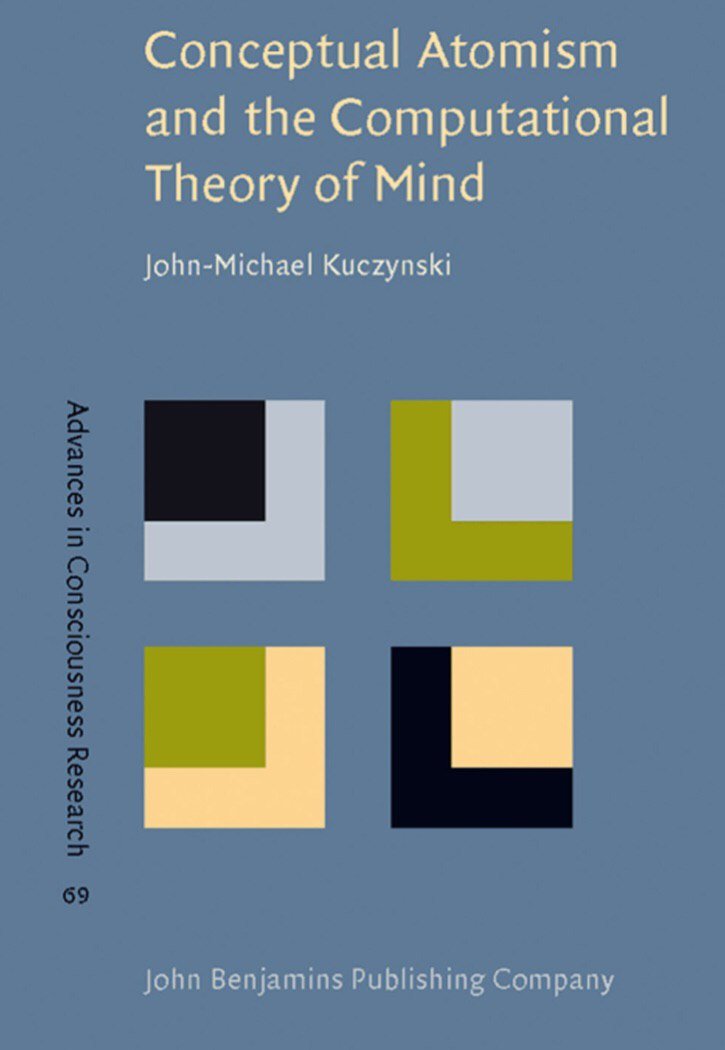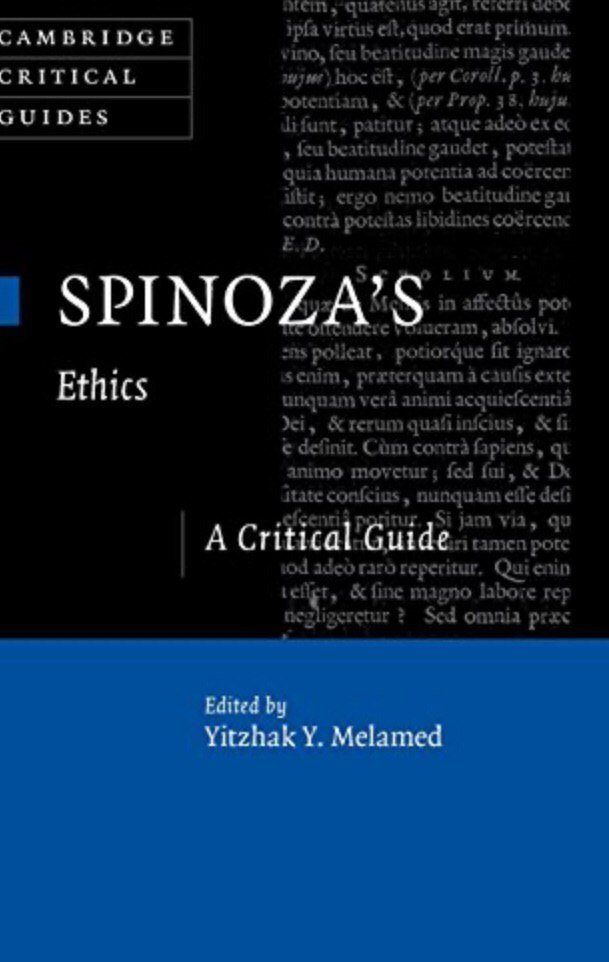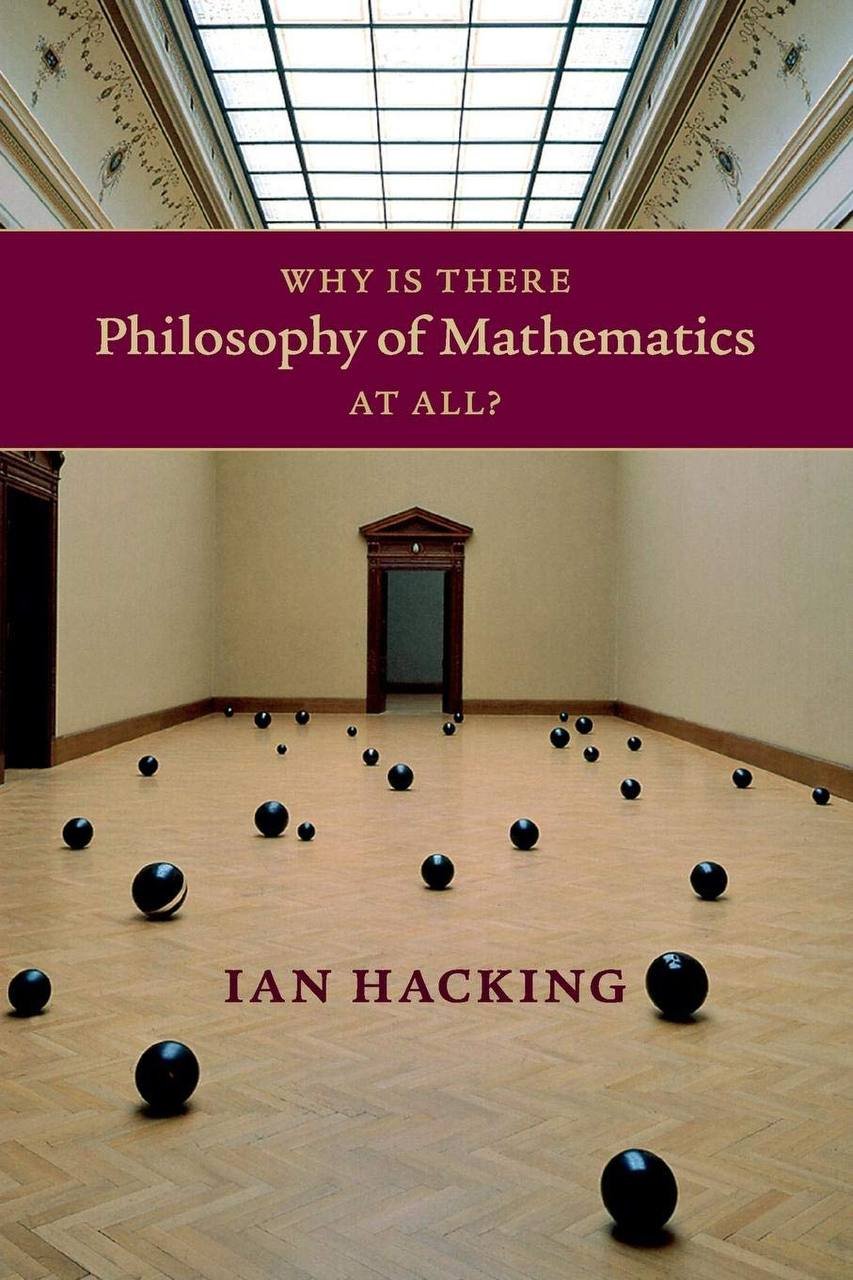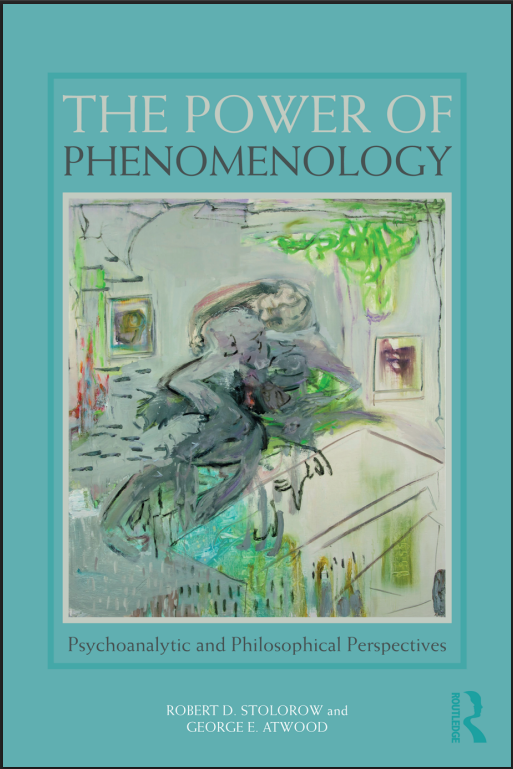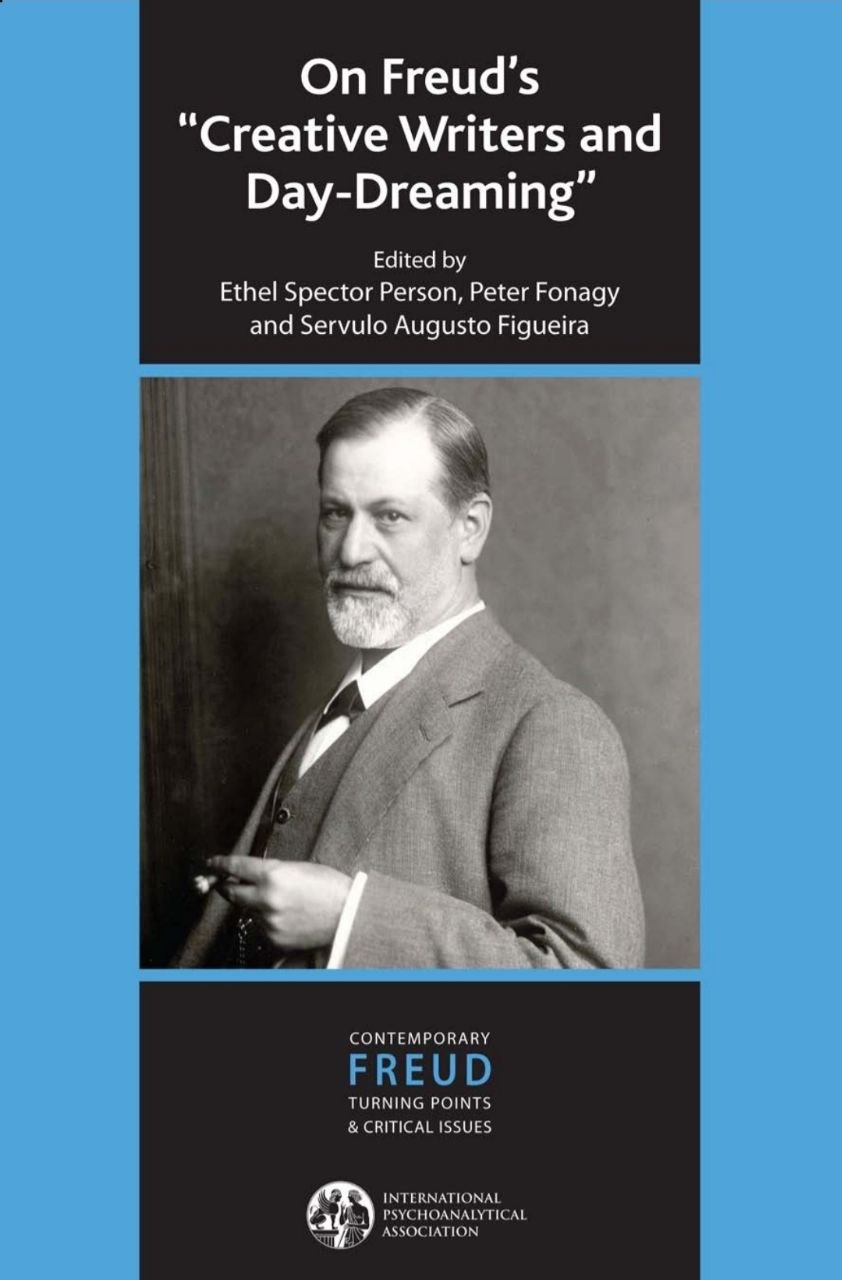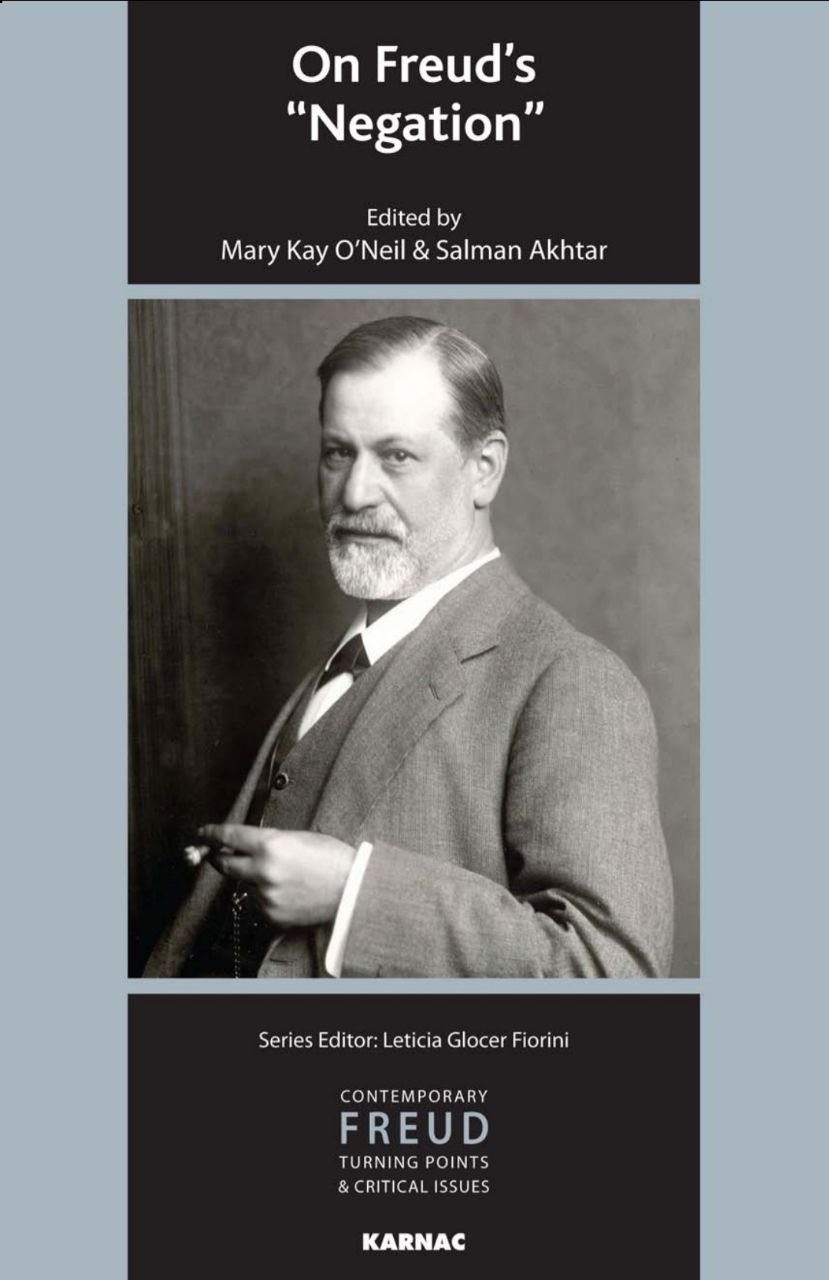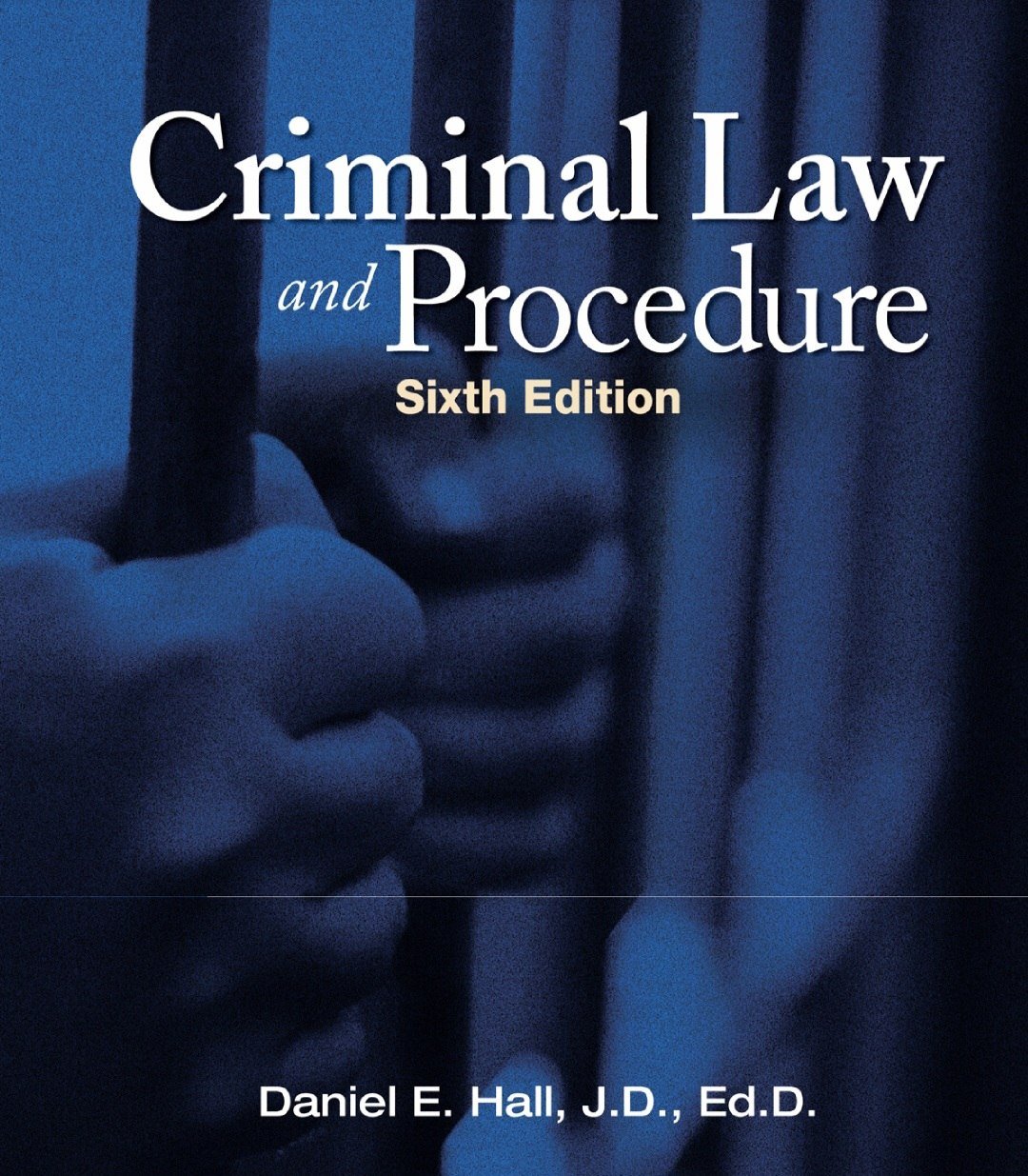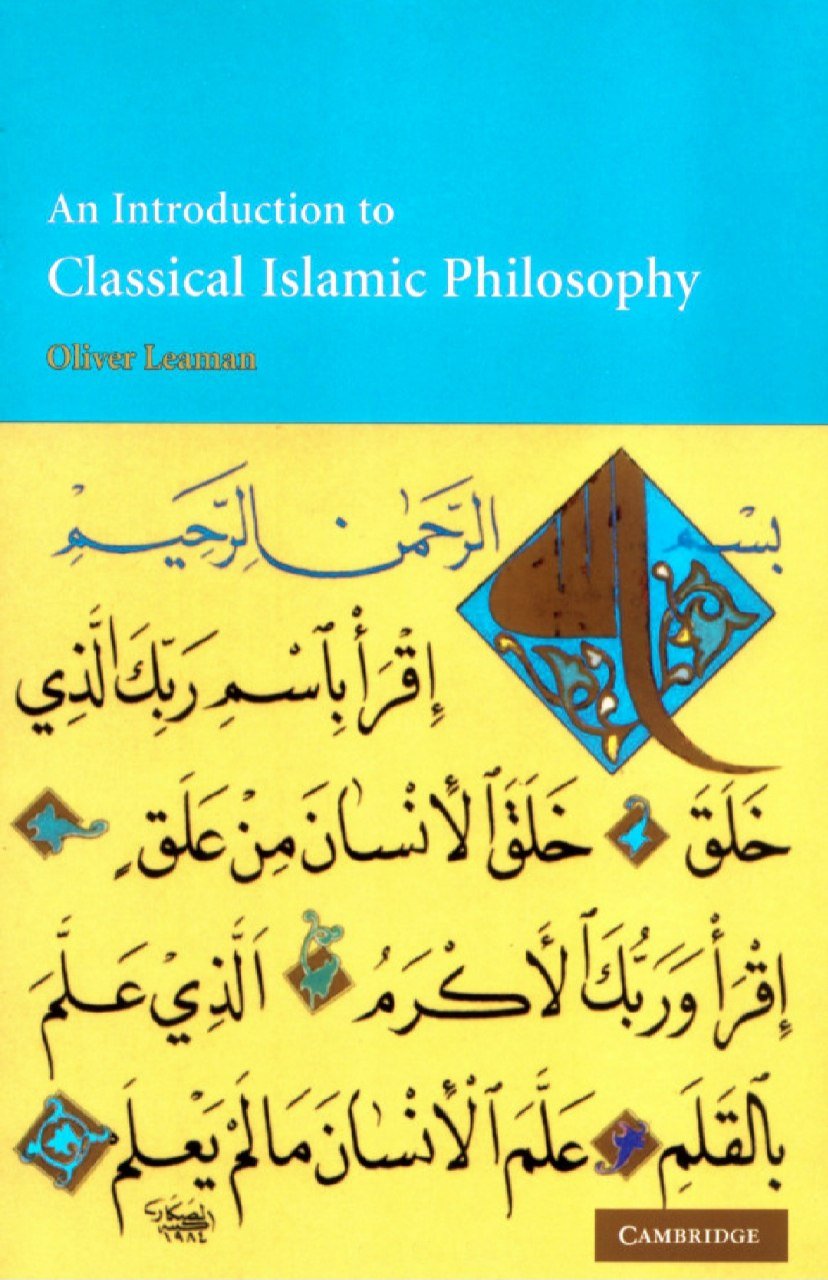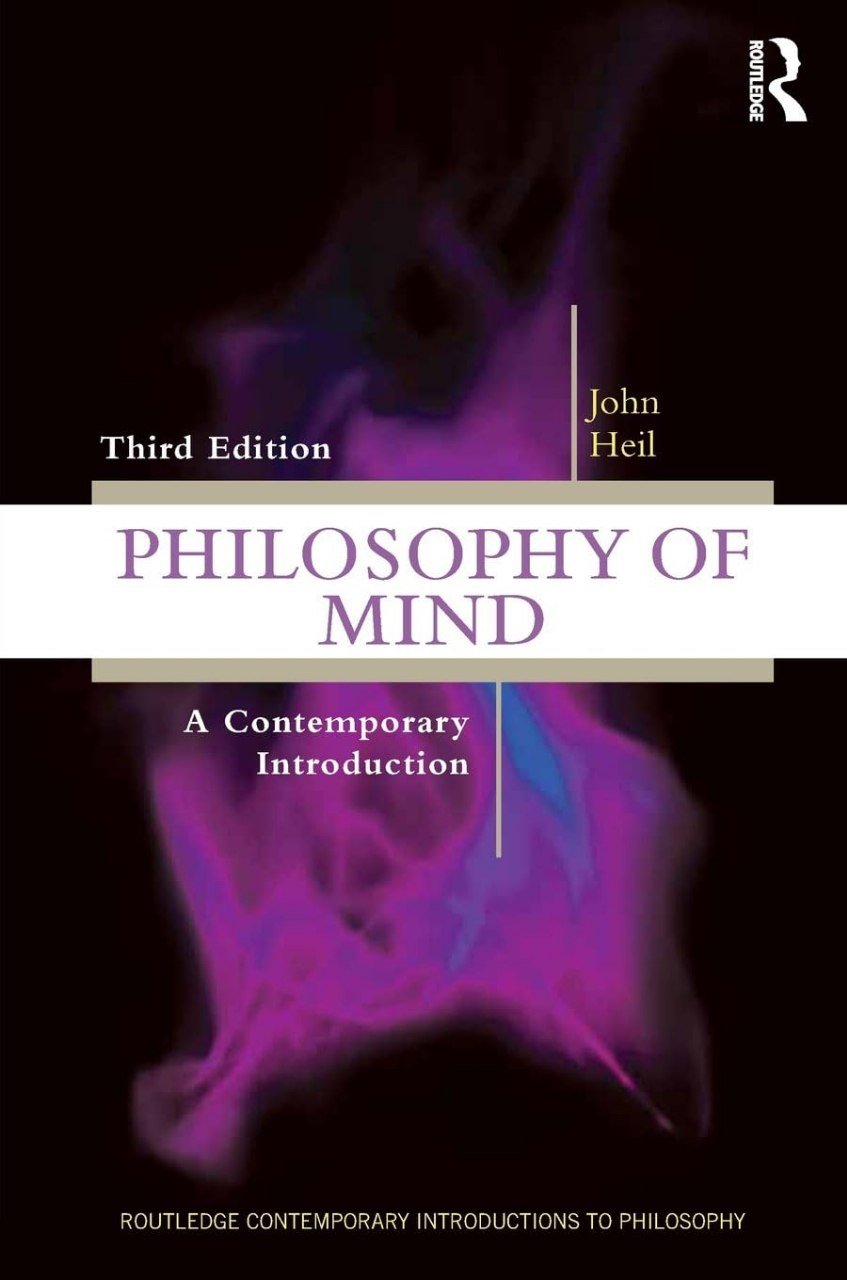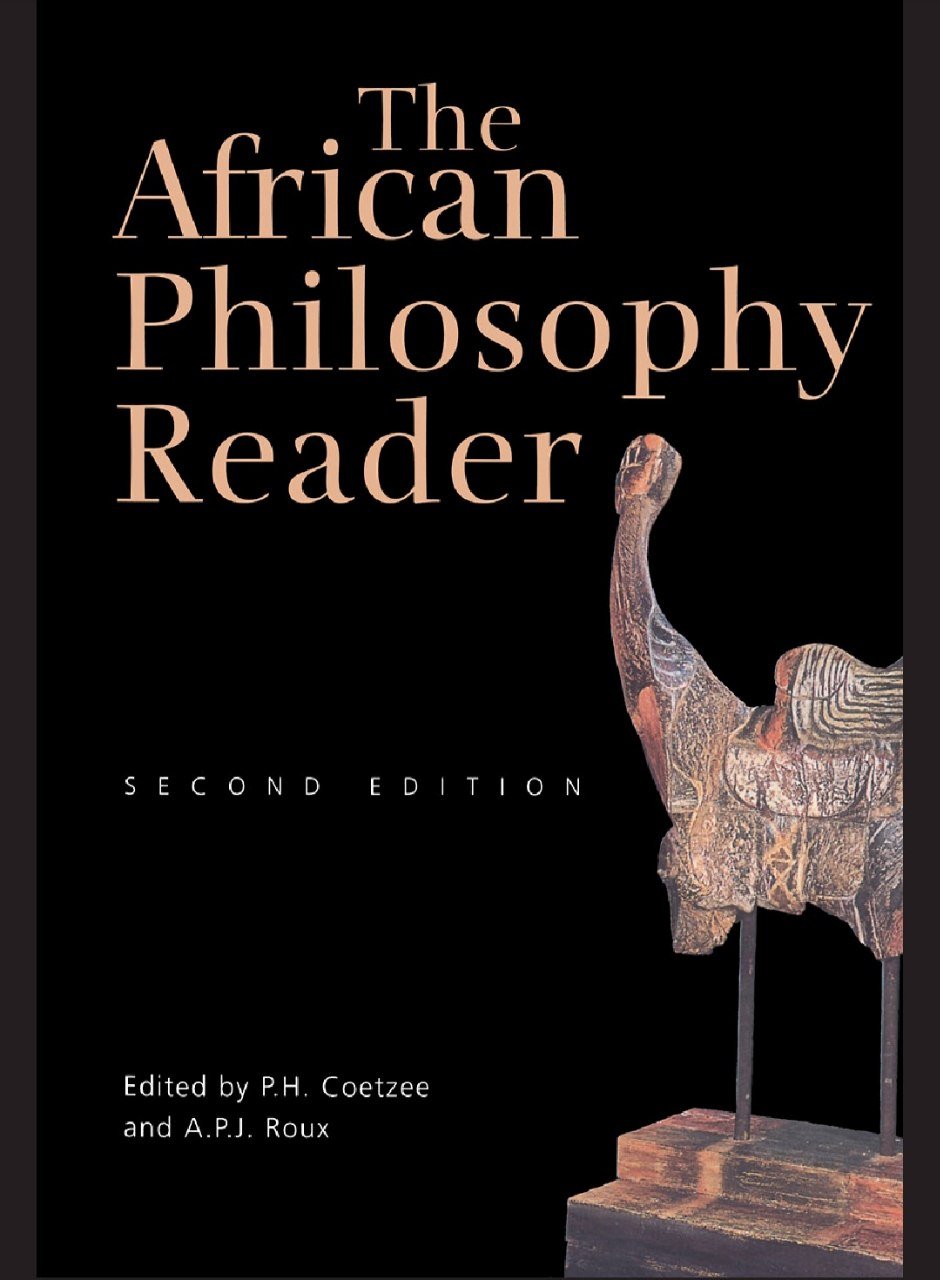

The Crisis of the Modern World (1927) by René Guénon
Reviews
No review yet. Be the first to review this book!
Description
The Crisis of the Modern World (1927) by René Guénon is one of his most influential works in which he critically examines the profound spiritual, intellectual, and cultural decline in the modern world. Guénon attributes this decline to a fundamental disconnection from traditional metaphysical principles and the rise of materialism, secularism, and rationalism. This work is both a critique of modern civilization and a call to reconnect with the deeper, transcendent dimensions of reality that are found in the ancient, traditional systems of knowledge. 🔹 Central Thesis: The Decline of Traditional Civilization The core argument of The Crisis of the Modern World revolves around the idea that modernity has led to a fundamental rupture with traditional metaphysical knowledge. Guénon argues that traditional societies were based on a spiritual worldview, where the physical and metaphysical realms were seen as interconnected. Sacred knowledge, passed down through initiatic traditions, was considered the cornerstone of civilization, guiding both individuals and societies toward spiritual enlightenment. However, with the rise of modernity—especially from the 17th century onward—there has been a shift toward materialism, rationalism, and empirical science, which focus solely on the observable, material aspects of reality, while ignoring the deeper, spiritual dimensions of existence. Guénon identifies this shift as the primary cause of the crisis that has led to a disintegration of cultural, moral, and spiritual order in the modern world. 🔹 The Materialistic Turn and its Consequences Guénon argues that modern science and the philosophy of progress have encouraged a worldview that is reductionist and empirical, reducing everything—from human consciousness to the cosmos—to mere mechanical processes. In this worldview, the spiritual and metaphysical realms are dismissed or ignored, leaving humanity alienated from its true purpose and from the deeper aspects of existence. This materialistic approach has led to a situation where truth is measured solely by what is observable and measurable, leading to an increasingly fragmented and disconnected society. The result, according to Guénon, is that modern man has lost touch with his transcendent nature and is trapped in a shallow, secular existence. This has led to the erosion of the traditional values that once provided structure and meaning to human life. 🔹 The Decline of Spiritual Authority Another central theme of the book is the decline of spiritual authority. Guénon contends that in traditional societies, spiritual authority—embodied in the priesthood, monarchy, or initiatic hierarchy—was the guiding force behind civilization. These authorities were not simply political or social but were deeply connected to spiritual principles, ensuring that society was aligned with higher metaphysical truths. In contrast, modernity has seen the rise of secularism and individualism, which have led to the disintegration of spiritual authority. Guénon criticizes the modern political systems—such as democracy and socialism—that claim to represent the will of the people but are, in his view, fundamentally flawed because they ignore the higher, transcendent aspects of reality. Instead of being governed by divine law or spiritual guidance, modern societies are now governed by material interests and rational laws that are disconnected from any deeper spiritual truth. 🔹 The Illusion of Progress Guénon is also critical of the idea of progress, which is deeply ingrained in modern thought. The belief in constant improvement, especially in technological and scientific terms, has become a central tenet of modern society. However, Guénon argues that this belief is illusory, as it fails to recognize that progress in material terms does not equate to spiritual advancement or moral improvement. In fact, Guénon suggests that the modern obsession with material progress has led to a spiritual regression, where humanity’s focus on technological development and economic growth has overshadowed the pursuit of spiritual wisdom and moral development. According to Guénon, true progress can only occur when humanity realigns itself with traditional metaphysical principles and recovers its connection to the spiritual dimensions of existence. 🔹 The Role of Traditional Wisdom Throughout the work, Guénon advocates for the recovery of traditional wisdom, which he sees as the only remedy for the crisis of modernity. He emphasizes the importance of returning to the perennial philosophy, which is found in various traditional religions and spiritual systems. This wisdom, Guénon argues, is not simply a collection of intellectual concepts, but a living tradition that connects humanity with the divine and the eternal truths of existence. Guénon also stresses the importance of initiation and esoteric knowledge, which are meant to guide individuals back to the spiritual center of their being. The initiatic path offers a way out of the spiritual alienation of modern life by reconnecting individuals with the higher levels of reality. By participating in these traditional systems of knowledge, individuals can transcend the materialistic and rationalistic limitations of modernity and recover a deeper sense of purpose and meaning. 🔹 Critique of Modernity and Call for Spiritual Renewal Guénon’s critique of modernity is not merely theoretical but is also a call to action. He insists that the crisis facing the modern world is not a superficial problem that can be solved through political or economic reforms, but a deep, spiritual crisis that requires a spiritual renewal rooted in the recovery of traditional metaphysical truths. For Guénon, the modern world is irreparably fractured by its disconnection from the sacred, and the only way to overcome this crisis is by returning to the principles of traditional metaphysical thought, which include the acceptance of the transcendent, the recognition of the sacred in all aspects of life, and the restoration of spiritual authority. He advocates for individuals to seek out traditional initiatic paths that can guide them back to this higher truth. 🔹 In Summary The Crisis of the Modern World is René Guénon’s powerful critique of the intellectual, spiritual, and cultural decline of modern civilization. He argues that modernity’s focus on materialism, rationalism, and secularism has led to the disintegration of traditional values and the erosion of spiritual authority. The belief in constant progress and the focus on economic and technological growth have created a world that is disconnected from its spiritual roots, leading to a profound spiritual crisis. Guénon calls for a return to traditional metaphysical knowledge and initiatic wisdom to overcome the modern crisis. According to him, the only true remedy lies in reconnecting with the eternal truths that have guided humanity for millennia, which are still preserved in various initiatic traditions. The work remains an important text for those seeking to understand the roots of modernity’s spiritual crisis and the path to a more meaningful and spiritually aligned existence.



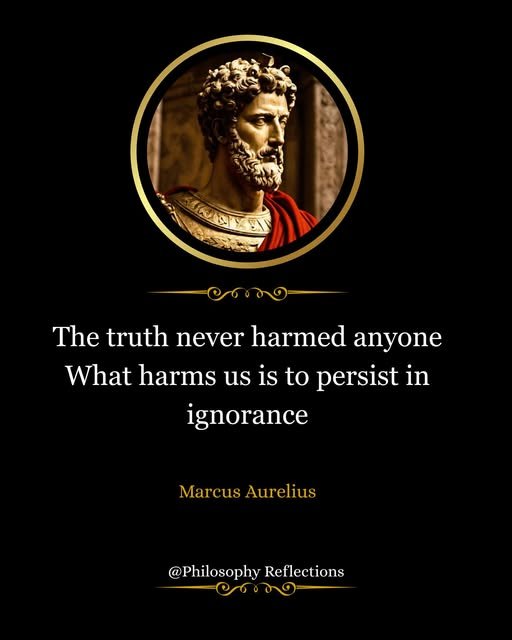
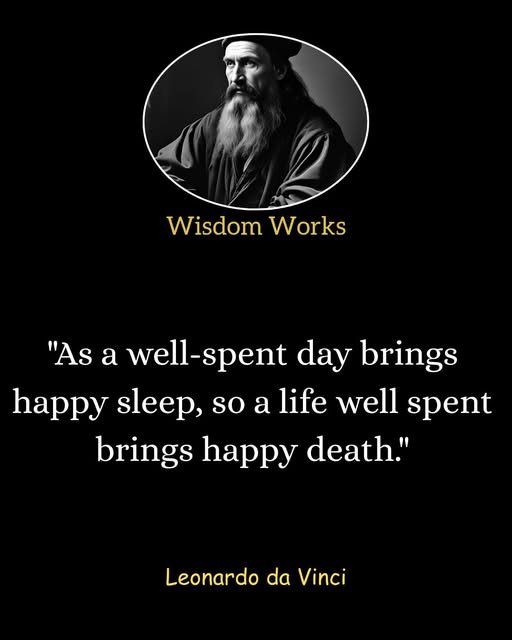








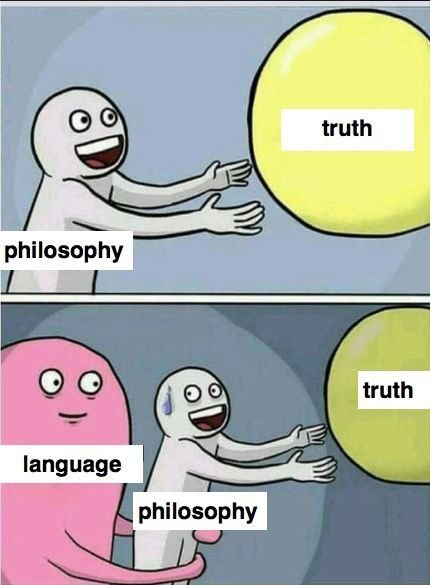













.jpeg)












.jpeg)
.jpg)






.jpg)



.jpg)

.jpg)




.jpg)





.jpg)




.jpg)


.jpeg)




.jpeg)



.jpg)




.jpeg)
.png)





